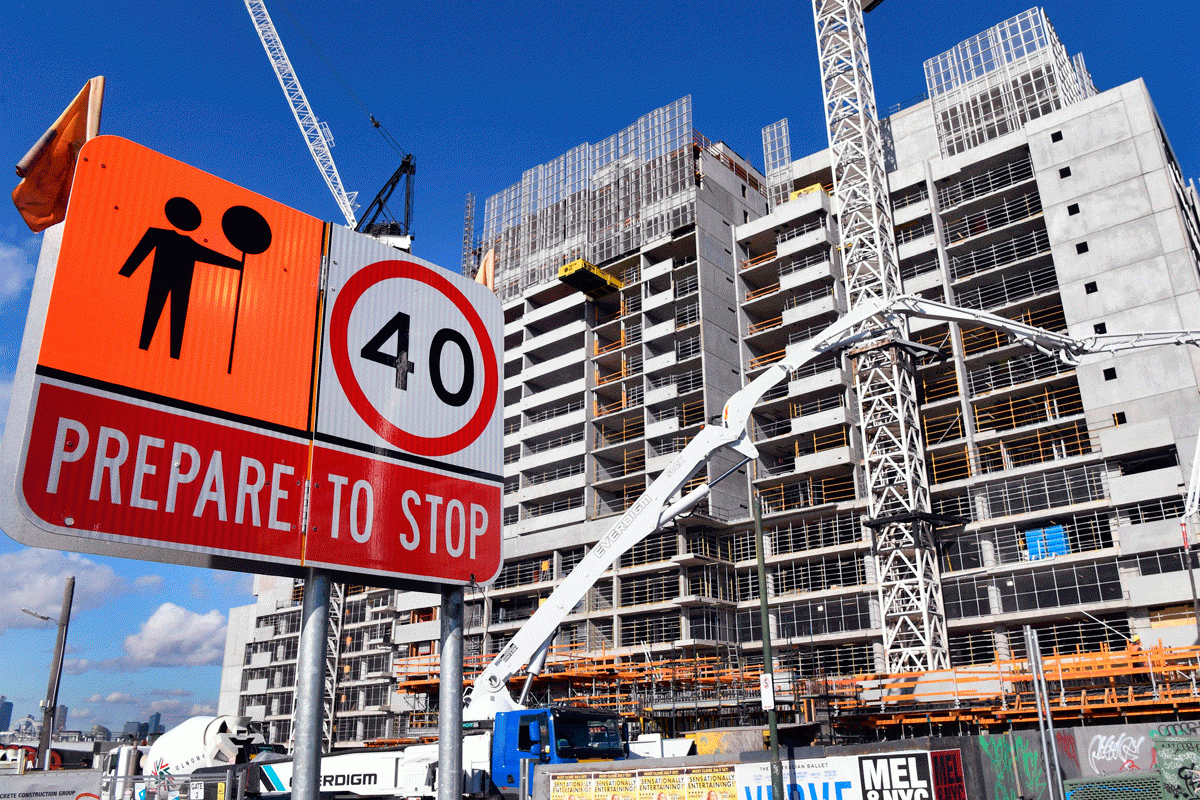Foreign investment in real estate collapses


Foreign investors have fled the Australian real estate market, data shows. Photo: Getty
Foreign investors have abandoned the Australian real estate market en masse, new figures reveal, with economists now forecasting steeper house price falls and a Reserve Bank interest rate cut.
The value of approved purchases of Australian housing by overseas investors has collapsed since the property price bubble burst in 2017, new data from the Foreign Investment Review Board shows.
Foreign investment plunged by 58 per cent year-on-year from $30 billion to $13 billion in the 2017/18 fiscal year – the lowest level in nearly a decade – FIRB found.
The data shows foreign investor enthusiasm for Australian homes continuing to wane, following on from a 59 per cent plunge in foreign investment in 2016/17.
The figures show foreign investment in real estate returning to pre-property price boom levels.
Foreign investment in Australian property experienced a “super boom”, rising 322 per cent from 2012/13 to a record $72 billion in 2015/16 – contributing to a dramatic rise in the cost of housing in Sydney and Melbourne that saw those markets peak in July and November 2017 respectively.
The amount of foreign investor money pouring in sharply declined after 2015/16, with the value of approved purchases collapsing by 83 per cent in the following two years.
Nationally, foreign investment in new housing dropped by 62 per cent year-on-year to $10 billion in 2017/18, with established housing down 21 per cent to $2 billion.
New South Wales saw foreign real estate investment plunge by 33 per cent year-on-year to $4 billion over the same period, while Victoria saw a fall of 53 per cent to $5 billion.
Five likely reasons for the plunge
Five key factors are likely behind the plunge in foreign investment, UBS economist George Tharenou said. These include:
- An “ongoing hike” in government taxes on foreigners, including both upfront additional stamp duty and other material holding costs.
- “Far greater scrutiny” of applicants, with residential investors now required to register on a ‘residential land register’, and the maximum share of dwellings in developments that could be sold to foreigners halving to 50 per cent.
- Domestic lenders tightening for foreign buyers
- Tighter capital controls – especially in China, which accounts for 30 per cent of all foreign investment in Australian real estate.

- A “weaker outlook” for house prices.
The fall in foreign investment is likely to see deepen housing price declines, and increase the likelihood of an RBA interest rate cut, which Mr Tharenou expects to see in November.
“With an easing of policy towards foreigners not expected, the outlook for housing is still getting worse,” Mr Tharenou said.
“We expect dwelling investment to fall sharply, with house prices to double the fall so far, and drop a record 14 per cent peak-to-trough
“This will see a negative household wealth effect, causing consumption to moderate, GDP to ease below trend, and unemployment tick up.”









